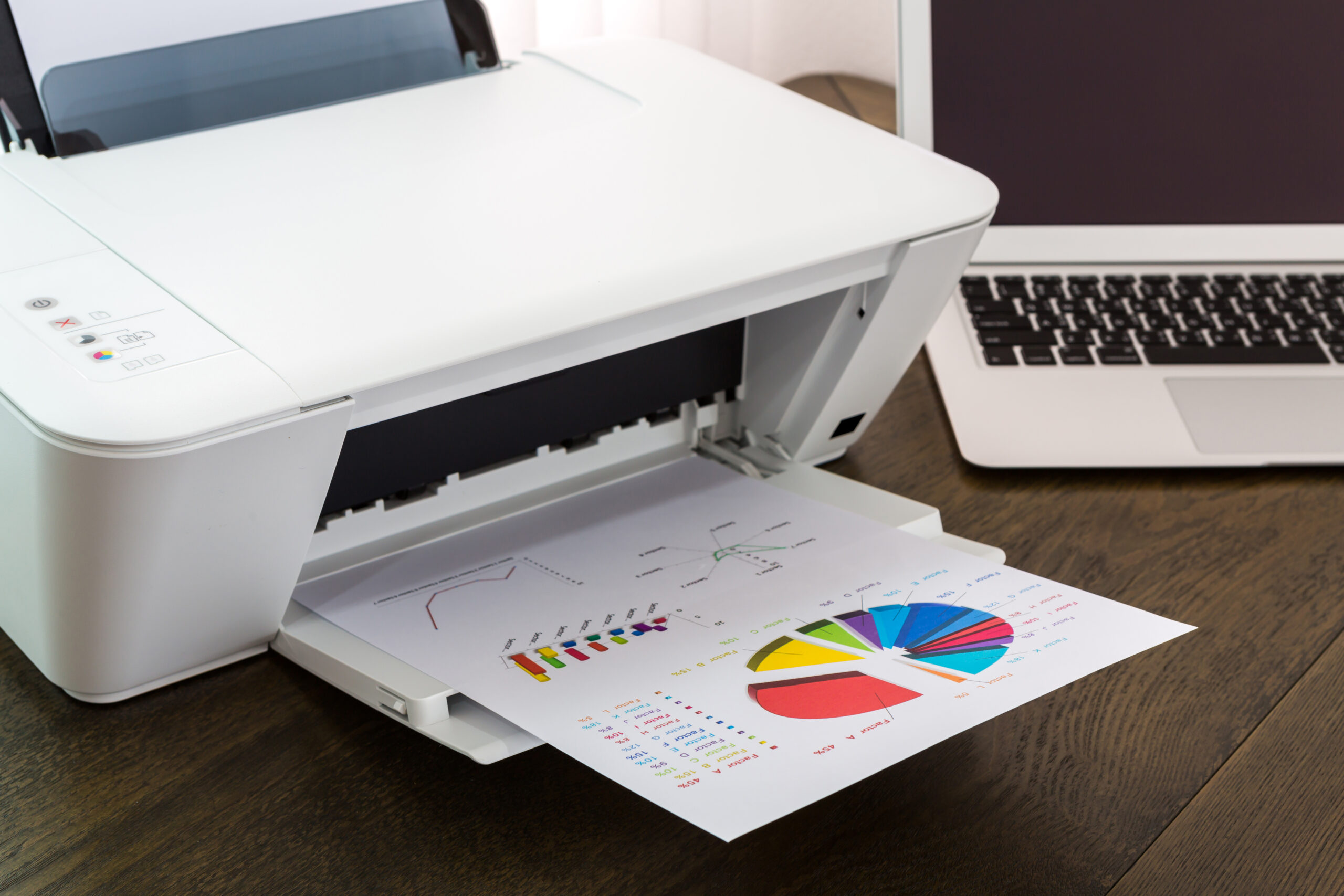When it comes to equipping your office with the necessary tools for daily operations, a reliable copier is essential. In the past, we’ve discussed the differences between leasing and buying one. But what about copier rentals? Is that even possible with copiers? And if so, when does it make sense to rent one instead of buying or leasing? As a technology company that offers all of the above options, let’s address these questions today.
Why Do People Rent Copiers?
Need. It all comes down to specific business needs. Not all businesses have the same usage when it comes to printers. Some print more regularly, while others print occasionally. Similarly, some businesses print from one standard location, whereas others may print from different locations at various times. For example, if you own a construction company, you’ll know that your crew will be working out of construction sites for a few months at a time. During this period, they’ll probably have a temporary trailer office where they will need access to a printer. In such cases, renting a copier for the duration of the project may be more practical than purchasing one, as it eliminates the need to relocate the copier after each project. You simply rent the copier and return it to the rental company once your project is complete. Then, rinse and repeat.
Types of Rentals
There are two types of rentals for copiers: short-term and long-term. Although there are a lot of similarities between the two, the main difference is the length of the terms.
Short-term
Short-term rentals are an excellent solution for businesses needing temporary equipment. These rentals are particularly beneficial for events, projects, or seasonal demands that require additional copying capacity without the longer-term commitment of a purchase. Typically, short-term rentals can last from a few days to several months. For instance, a conference organizer might rent a copier for the duration of a three-day event to handle printing needs without the expense of purchasing equipment. The rental company takes on the responsibility of delivery, setup, and supplies for the duration of the conference, making it a quick and hassle-free experience for the organizer.
Long-term Rentals
Long-term rentals are ideal for businesses with consistent copying needs that want to avoid the initial capital outlay of purchasing equipment. These rentals typically last from one to three years and are well-suited for longer projects, allowing businesses to use the copier for the project duration without a long-term commitment.
Pros of Renting a Copier
1. Cost-Effective Upfront
Renting a copier means avoiding the significant upfront costs of purchasing one. This can be especially beneficial for small businesses or startups with tight budgets.
2. Flexibility and Scalability
Copier rentals offer flexibility that purchasing doesn’t. If your business expands and you need more advanced features or higher capacity, you can easily upgrade your rental. Conversely, if you downsize, you can switch to a more economical model. This adaptability ensures you always have the right equipment for your current needs.
3. Maintenance and Support Included
Most rental agreements include maintenance and support services, meaning you won’t have to worry about repair costs or downtime. For instance, if your rented copier breaks down, the rental company will typically provide a replacement or repair it quickly at no additional cost. This ensures minimal disruption to your business operations.
Cons of Renting a Copier
1. Long-Term Costs Can Add Up
While renting a copier can be cost-effective in the short term, it can become more expensive over time. Long-term rentals may end up costing more than purchasing a copier outright if the equipment is needed for an extended period. The key is to weigh the costs over the lifespan of the copier to determine the most financially sound option.
2. Limited Customization
Rental agreements often come with standard models that may not be fully customizable to your specific needs. If your workflow requires specific modifications or software, purchasing might be a more viable option. For example, it is easier to add specific hardware, like card readers, to a new printer compared to a rental.
3. Contractual Obligations
Rental agreements come with contracts that could potentially lock you into terms that aren’t always favorable. These contracts may include penalties for early termination or restrictions on how the equipment can be used. It’s essential to thoroughly review any rental agreement to ensure it aligns with your business needs.
Making the Right Choice
When deciding whether to rent copiers, it’s important to consider your business’s specific requirements and financial considerations. Rentals offer great flexibility and are ideal for temporary or fluctuating needs, preventing businesses from being tied down to equipment they might only need for a brief period.
At AD Solutions, we offer a range of rental and purchase options to fit your business needs. Contact us today to explore how we can help you find the perfect print solution.



